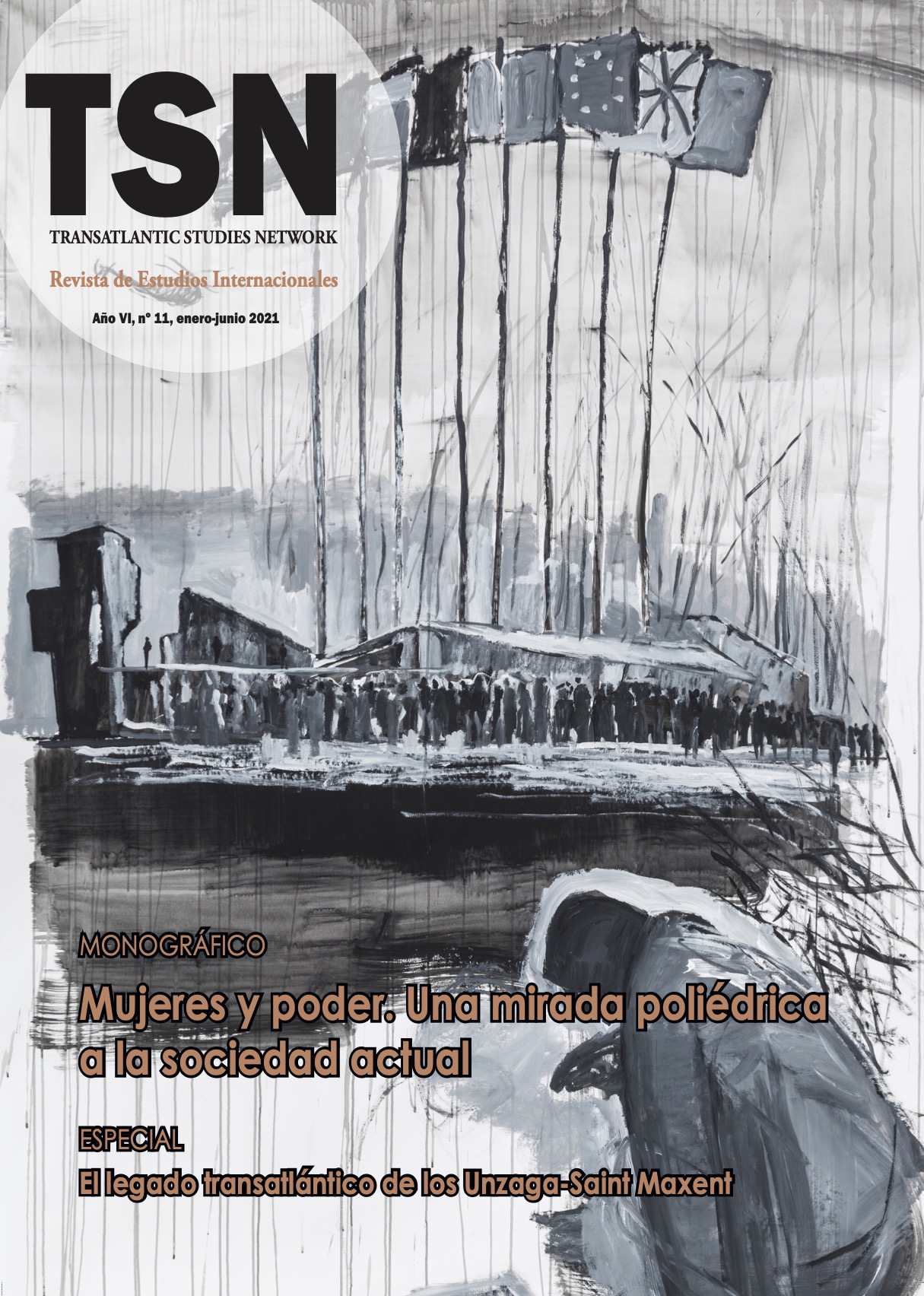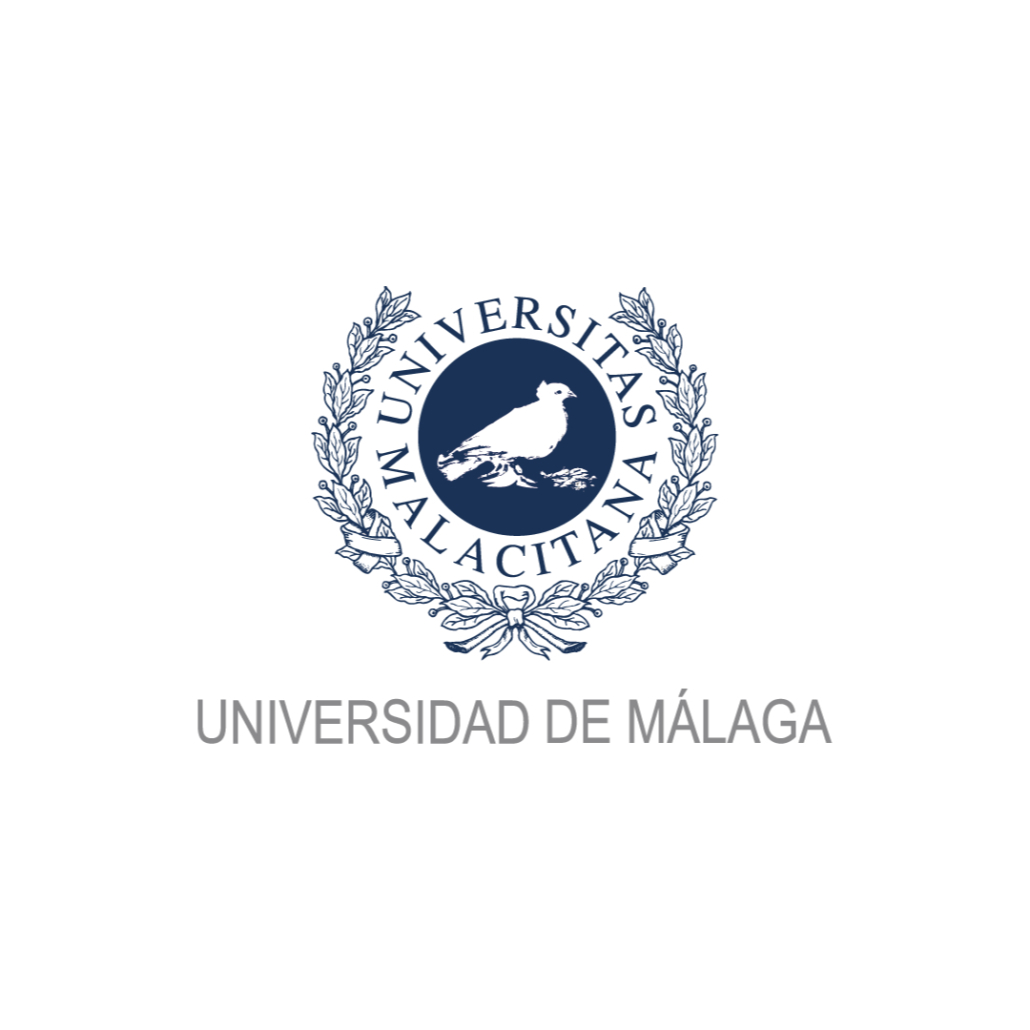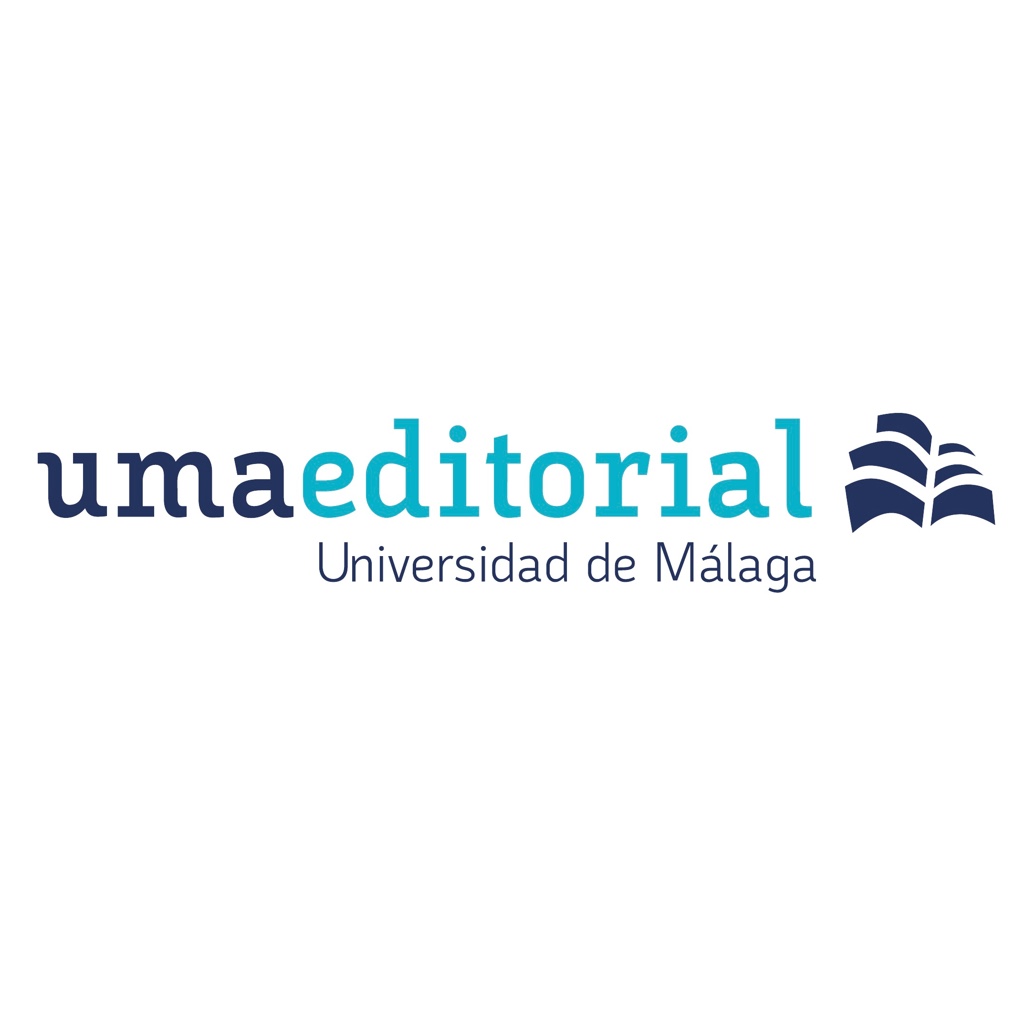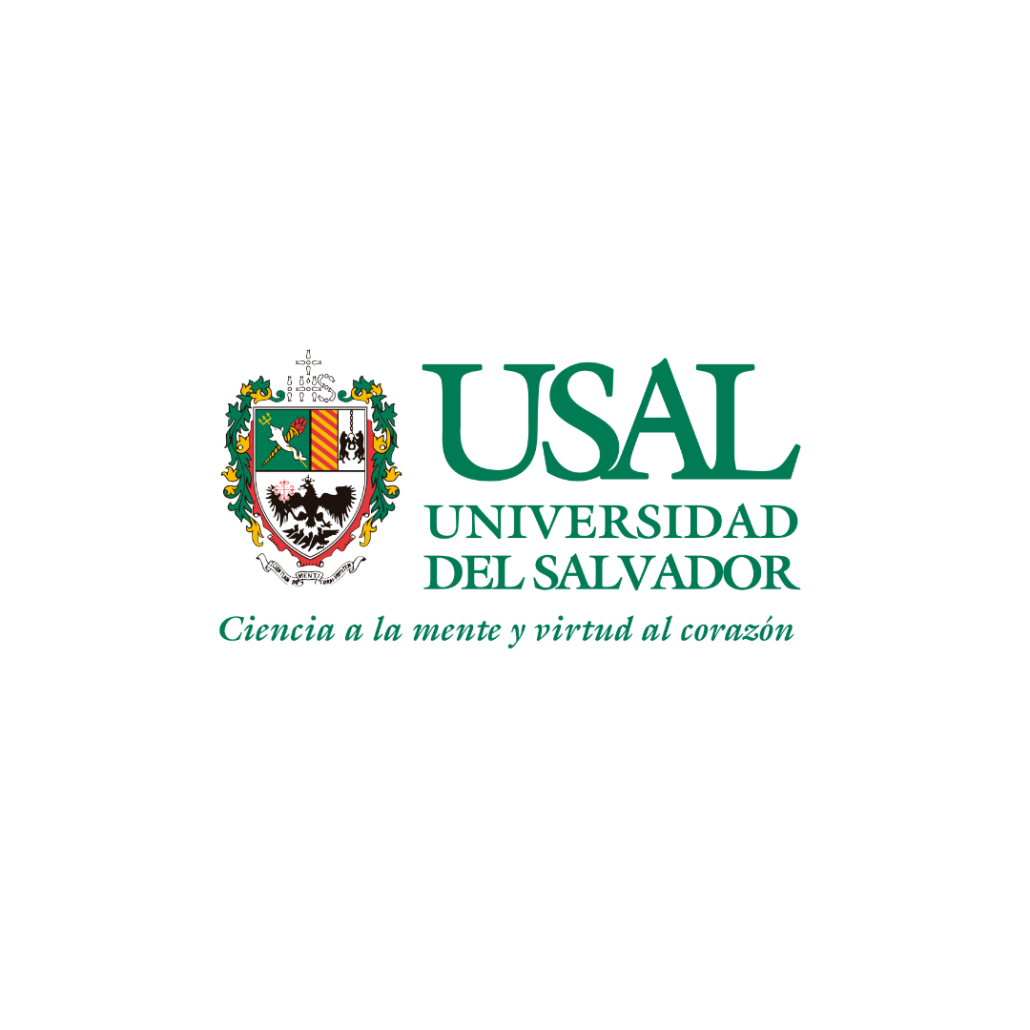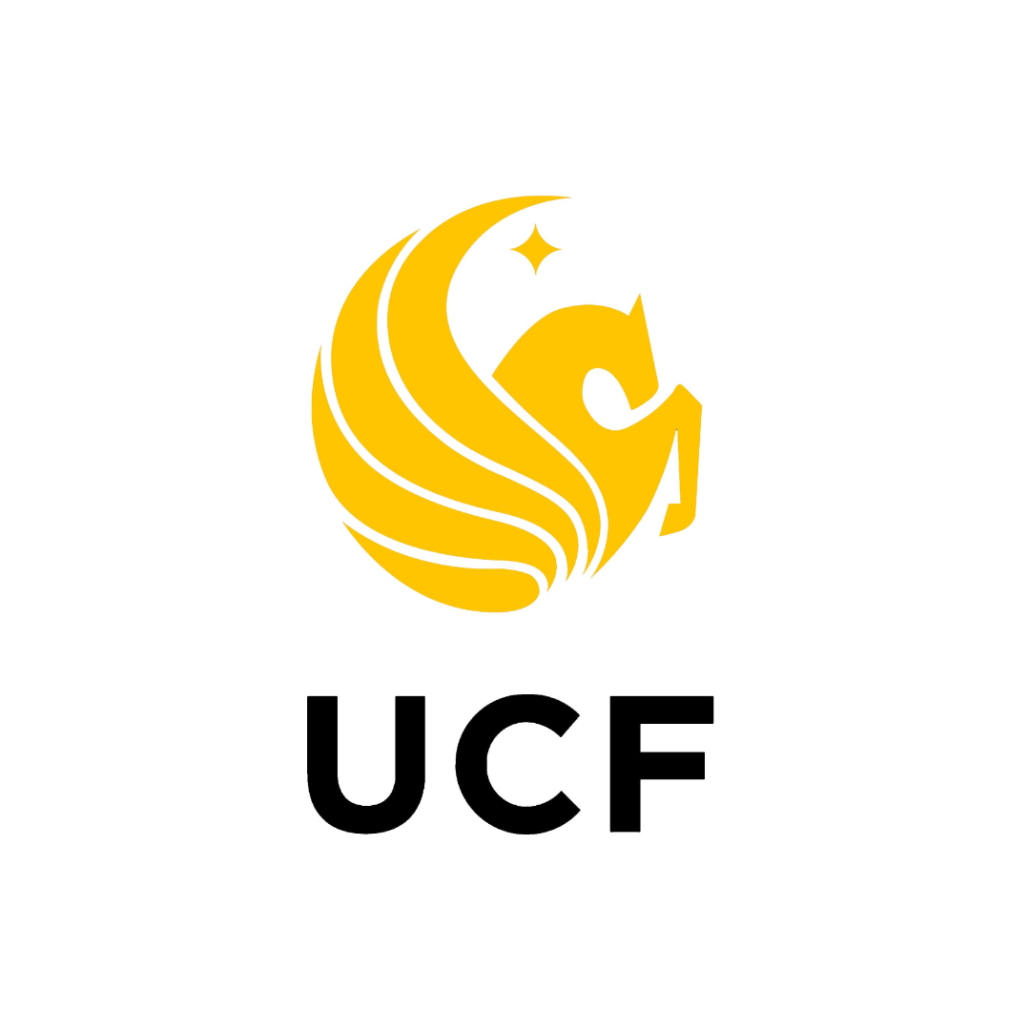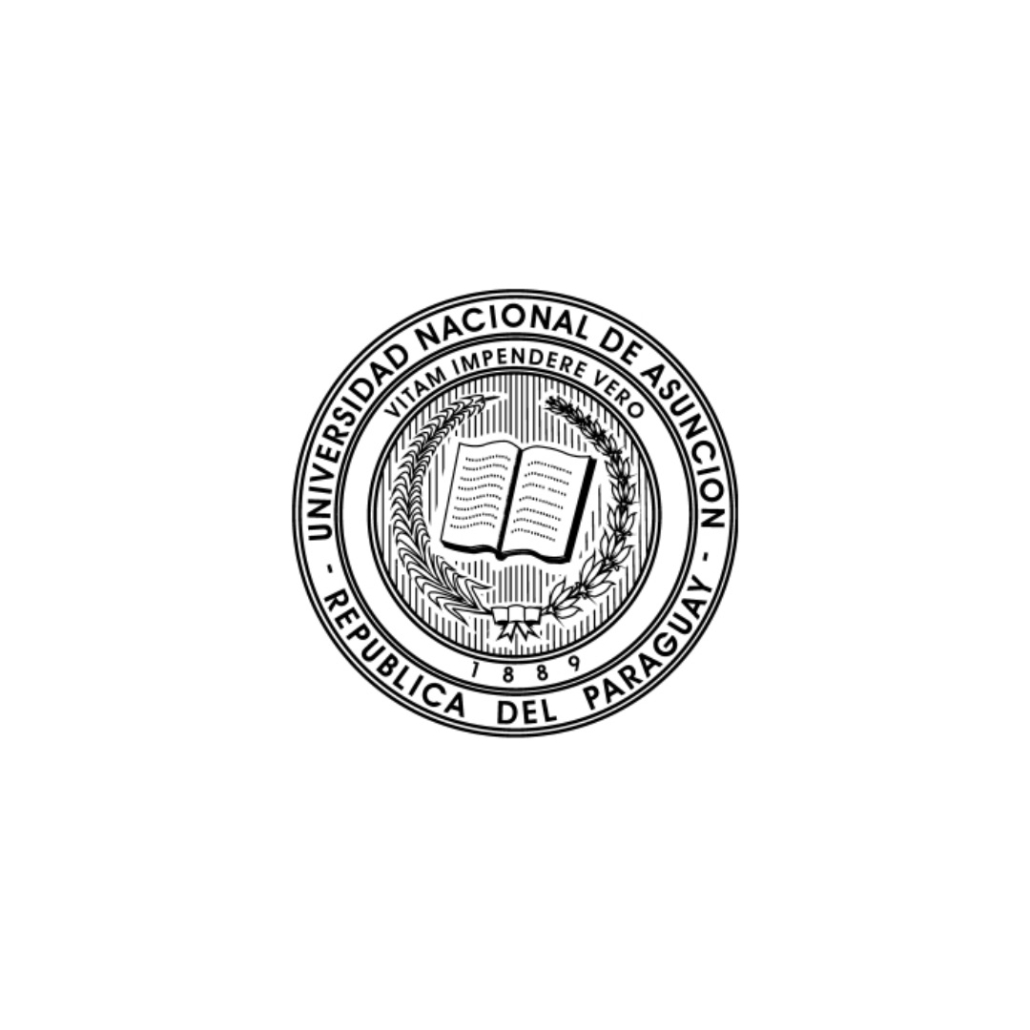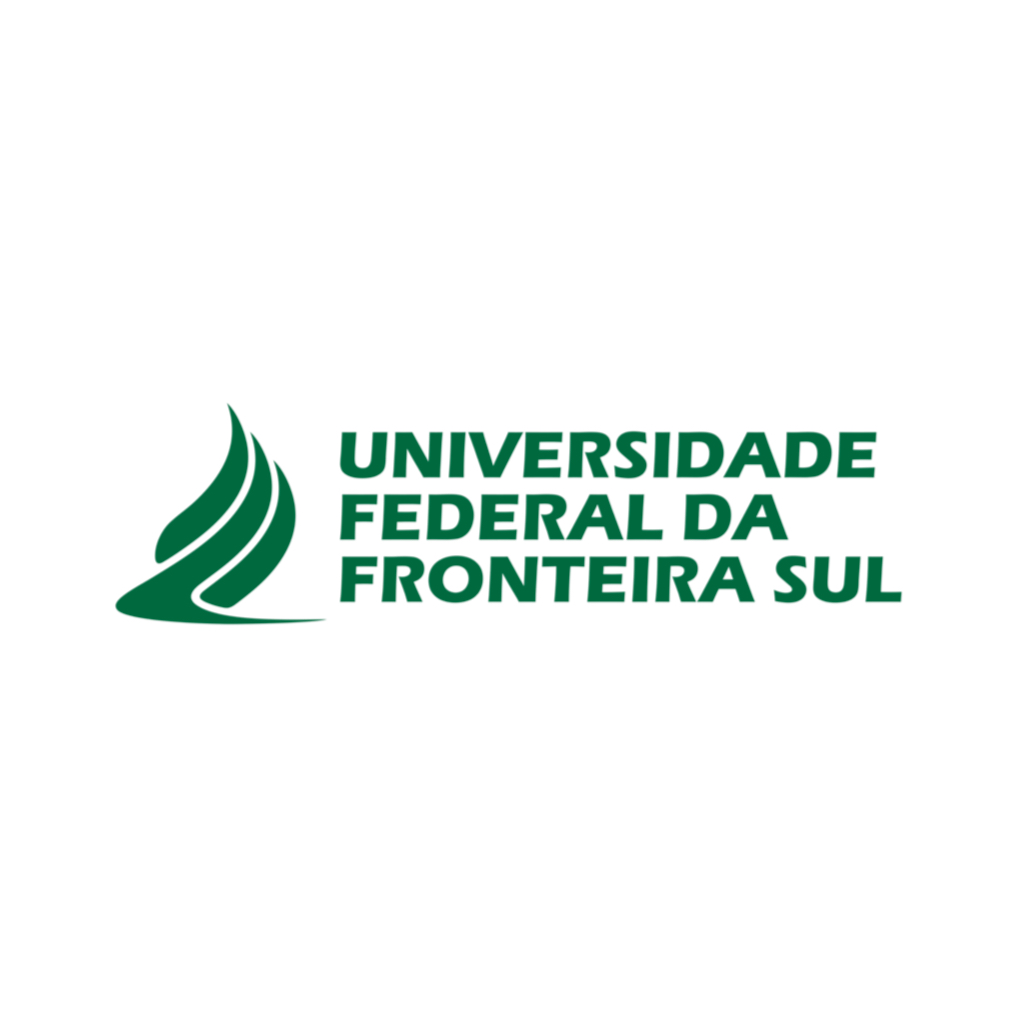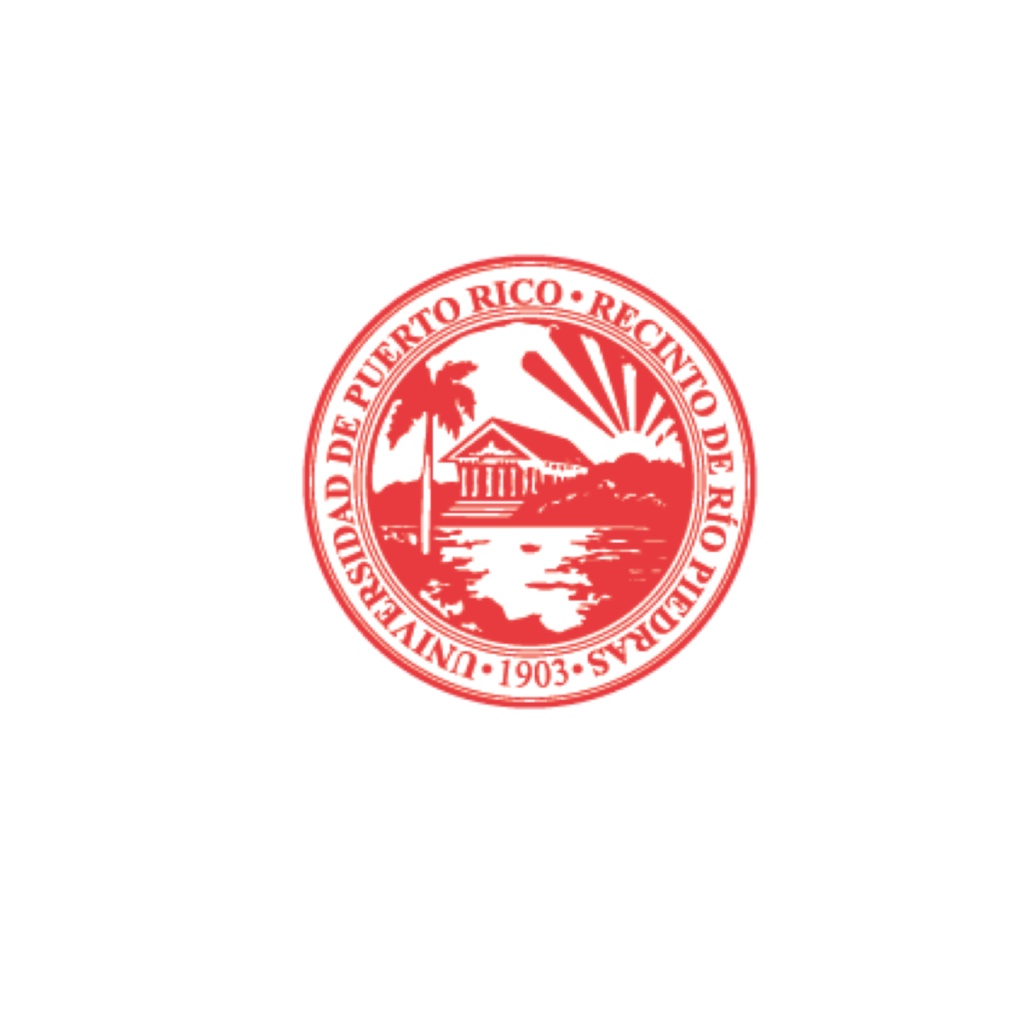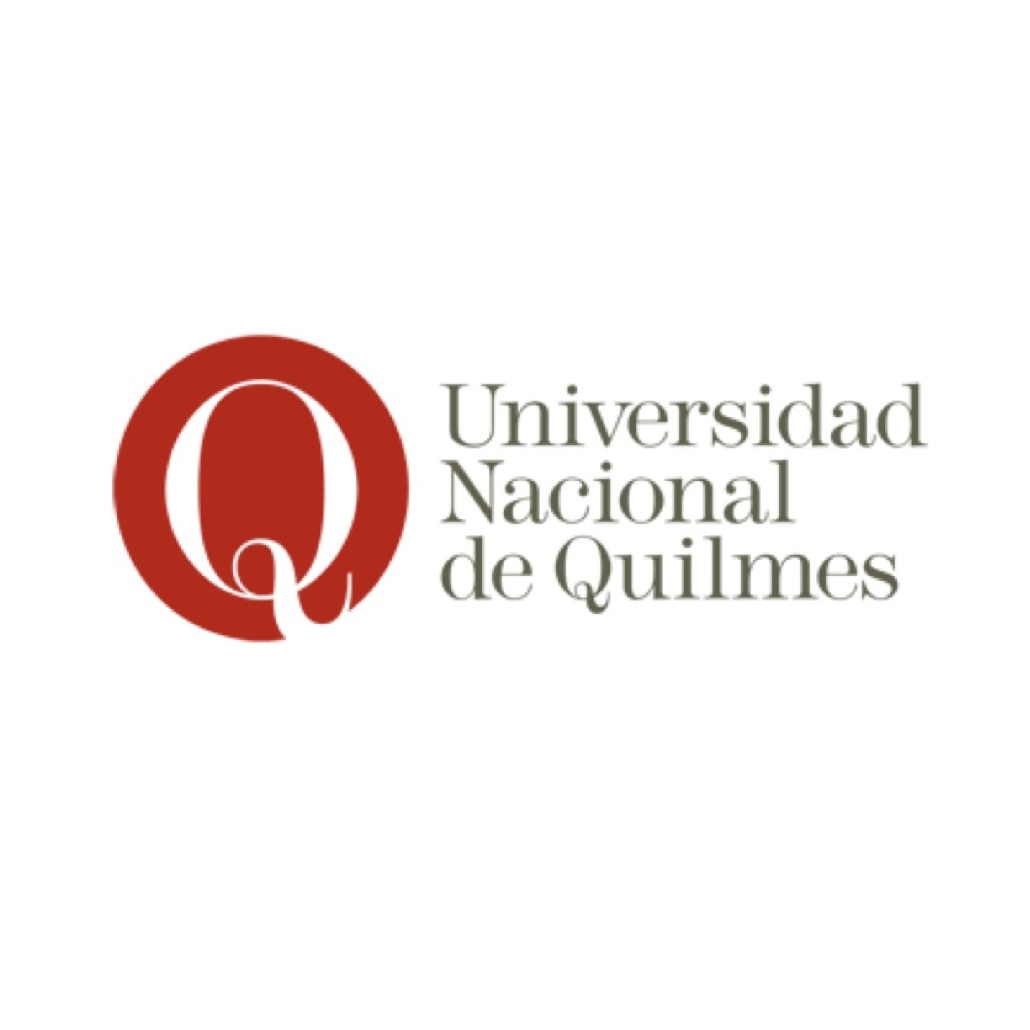Pandemic, women and future
DOI:
https://doi.org/10.24310/TSN.2021.vi11.14339Keywords:
Zoonotic pandemic, climate crisis, Anthropocene, patriarchalism, endosymbiosis, evolution, ecofeminismAbstract
The author reflects on the origin of the pandemic, the causes of its global expansion and how we can eradicate other zoonotic pandemics caused by viruses, relying on the theses of scientists and experts, concludes that in the dialectic of the Anthropocene, nature returns man with greater he forces the violence that he has exercised against her. On the other hand, it analyzes the relationship of the pandemic with gender and power, since women are the most affected by its consequences, physical, economic and political, giving itself the paradox that having intervened in the fight against it, they are exposed to greater poverty and a setback in the process towards citizenship equality. It highlights women who have had great leadership in their countries and in science to stop its spread, as well as in the discovery of modern modified RNA vaccines. As a solution to another possible world, radical environmental humanism is pointed out, which contrasts the old theories of fierce competition with the theories of Endosymbiosis and the mutual support of living beings, highlighting the scientific advances of Lynn Margulis, on the evolution of the life, Gaia theory and Elinor Ostrom’s “The Government of the Commons”. The text raises a new vital paradigm, a model of human relationship without exploitation, free and inclusive.
Downloads
Metrics
References
Dawkins, Richard (1976): El gen egoísta. Las bases biológicas de nuestra conducta. Salvat Edit.
Herrero, Yayo (2015): Cambiar las gafas para cambiar el mundo. Editorial Libros en Acción.
Kropotkin, Piotr (1902): El apoyo mutuo. Un factor de evolución. Editorial Heinenmann.
Lovelock, J. E.: The Ages de Gaia. Nueva York: W. Norton. (Versión española, Tusquets, 1993).
Margulis, Lynn (2003): Una revolución en la evolución. Universidad de Valencia.
Margulis, Lynn, y Sagan, D. (1996): ¿Qué es la vida? Editorial Tusquets.
Maturana, H., y Varela, F (1973): Autopoiesis: Organización de lo vivo. Lumen. Editorial Universitaria.
Maturana, Humberto (2008): El sentido de lo humano. Editorial Granica.
Meadows, Donella (2006): Los límites del crecimiento: 30 años después. Galaxia Gutenberg.
Puche, Paco (2018): La simbiosis, una tendencia universal en el mundo de la vida. La cosmovisión de Lynn Margulis. Málaga: Ediciones del Genal.
Puleo, Alicia H. (2011): Ecofeminismo para otro mundo posible. Ediciones Cátedra.
Puleo, Alicia H. (2011): Claves ecofeministas. Para rebeldes que aman a la Tierra y a los animales. Editorial Plaza y Valdés (2019).
Sandín, Máximo (2010): Pensando la evolución, pensando la vida. La biología más allá del darwinismo. Cauac Editorial Nativa.
Sendón de León, Victoria (2019): La barbarie patriarcal. Editorial Menades.
Sendón de León, Victoria (2019): Matria. El horizonte de lo posible. Ed. Siglo XXI (2006).
Downloads
Published
How to Cite
Issue
Section
License

This work is licensed under a Creative Commons Attribution-NonCommercial-ShareAlike 4.0 International License.

